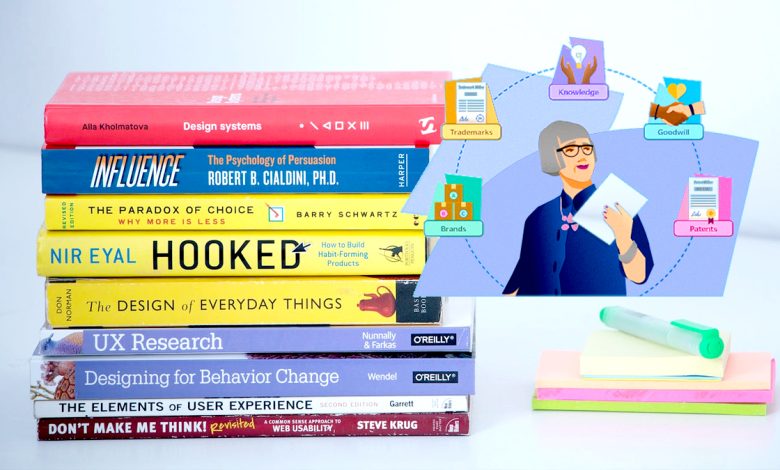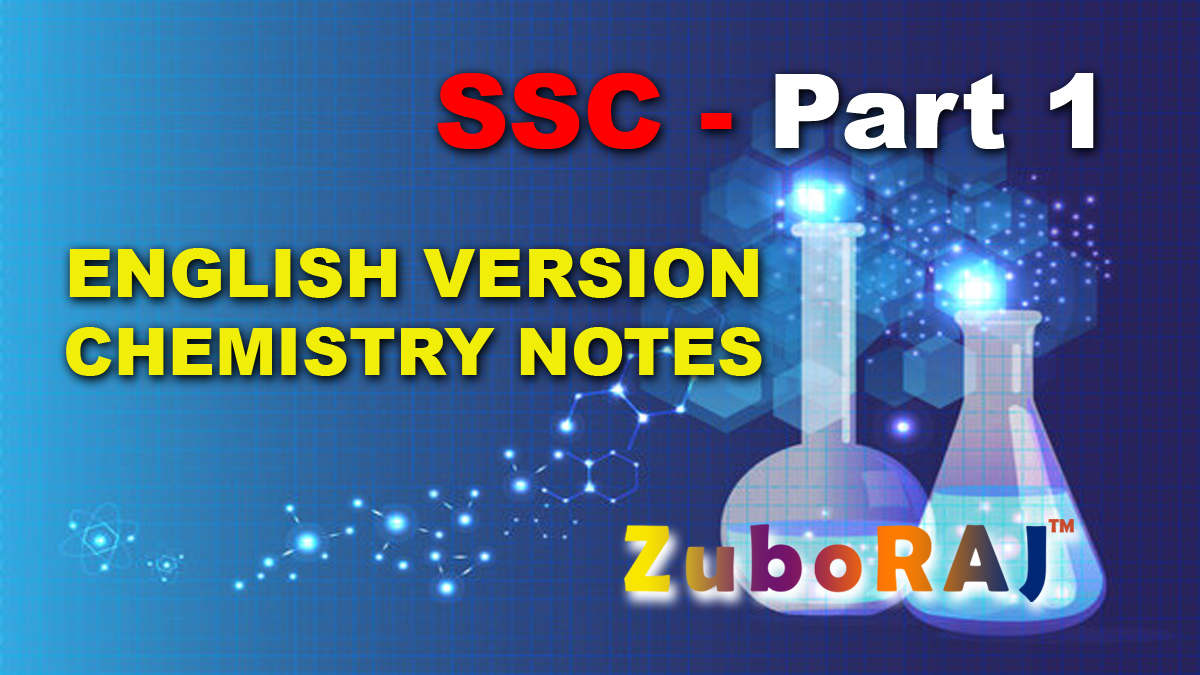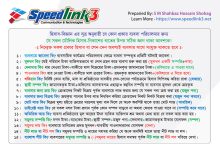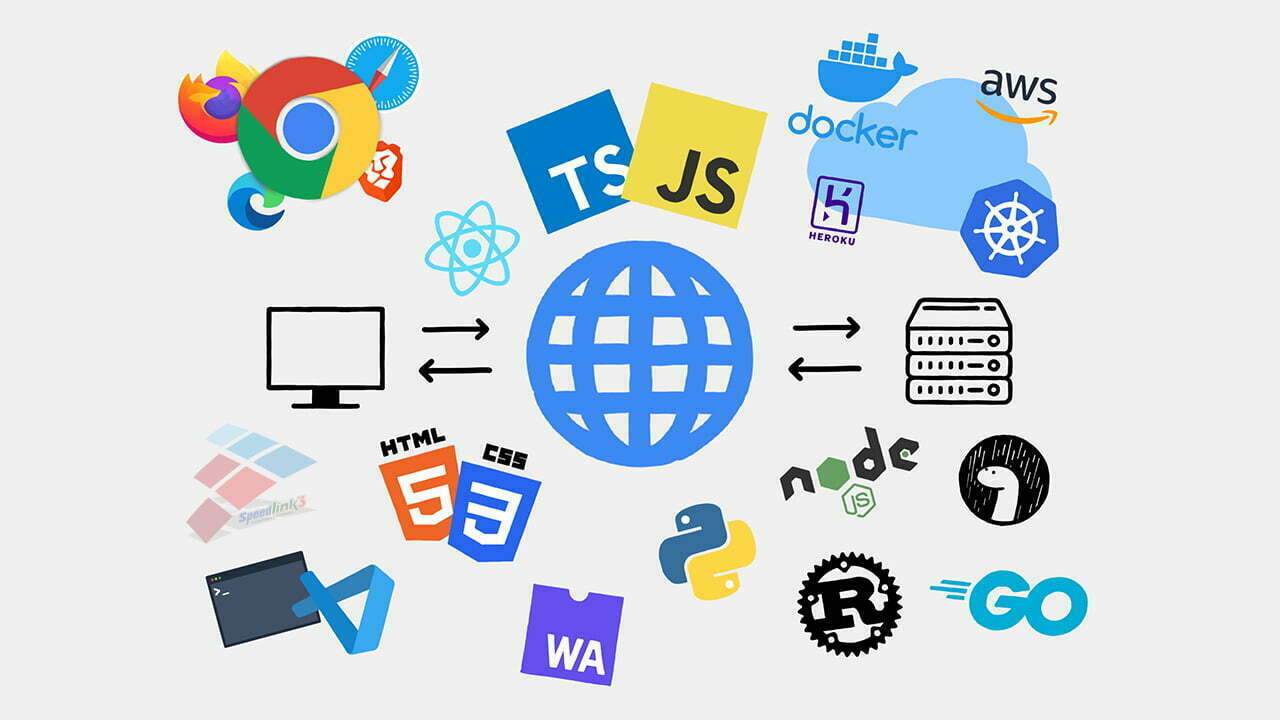
Educations
Knowledge is indeed a powerful asset
Knowledge is indeed a powerful asset that can bring numerous benefits to individuals and societies. Here are some fundamental aspects of the concept “knowledge is power”:
- Acquisition: Knowledge refers to information, facts, skills, and understanding that one obtains through learning, education, observation, and experience. The acquisition of knowledge involves actively seeking information, exploring various sources, and engaging in intellectual pursuits.
- Empowerment: Knowledge empowers individuals by equipping them with the necessary tools to make informed decisions, solve problems, and navigate through life effectively. It provides individuals with a sense of autonomy, confidence, and independence.
- Personal Development: Knowledge expands one’s intellectual capacity, broadens perspectives, and fosters personal growth. It enables individuals to enhance their critical thinking skills, creativity, and ability to adapt to new situations. Through knowledge, individuals can discover their passions, talents, and potential.
- Advancement: Knowledge drives progress and societal development. It is the foundation for scientific discoveries, technological innovations, and social advancements. By continuously building on existing knowledge, societies can address challenges, improve living standards, and create new opportunities.
- Decision Making: Knowledge enhances the decision-making process by providing a basis for evaluating options, considering consequences, and identifying risks and opportunities. Informed decision-making is essential for individuals and societies to achieve their goals effectively.
- Influence and Leadership: Those with knowledge often hold positions of influence and leadership. Their expertise and understanding of a subject enable them to guide and inspire others, shape policies, and contribute to positive change in various domains.
- Overcoming Ignorance: Knowledge is a powerful tool against ignorance, biases, and superstitions. It enables individuals to challenge unfounded beliefs, seek truth, and promote rationality. By fostering a culture of knowledge and critical thinking, societies can combat misinformation and build a more informed citizenry.
- Equality and Social Justice: Knowledge can be a catalyst for social equality and justice. When accessible to all, knowledge can help bridge socio-economic disparities and empower marginalized communities. Education and the dissemination of knowledge play vital roles in creating inclusive societies and promoting equal opportunities.
- Continuous Learning: Knowledge is not stagnant; it evolves and expands over time. Embracing a lifelong learning mindset allows individuals to stay adaptable, keep up with new developments, and remain relevant in a rapidly changing world. Continuous learning is crucial for personal growth and professional success.
- Ethical Responsibility: With power comes responsibility. It is essential to utilize knowledge ethically and responsibly. Responsible use of knowledge involves considering the impact of actions, respecting diverse perspectives, and using knowledge to promote positive change, social good, and the well-being of individuals and communities.
In summary, knowledge empowers individuals, drives progress, informs decision-making, combats ignorance, promotes equality, and comes with ethical responsibilities. By valuing and pursuing knowledge, individuals and societies can unlock their full potential and contribute to a better future.




